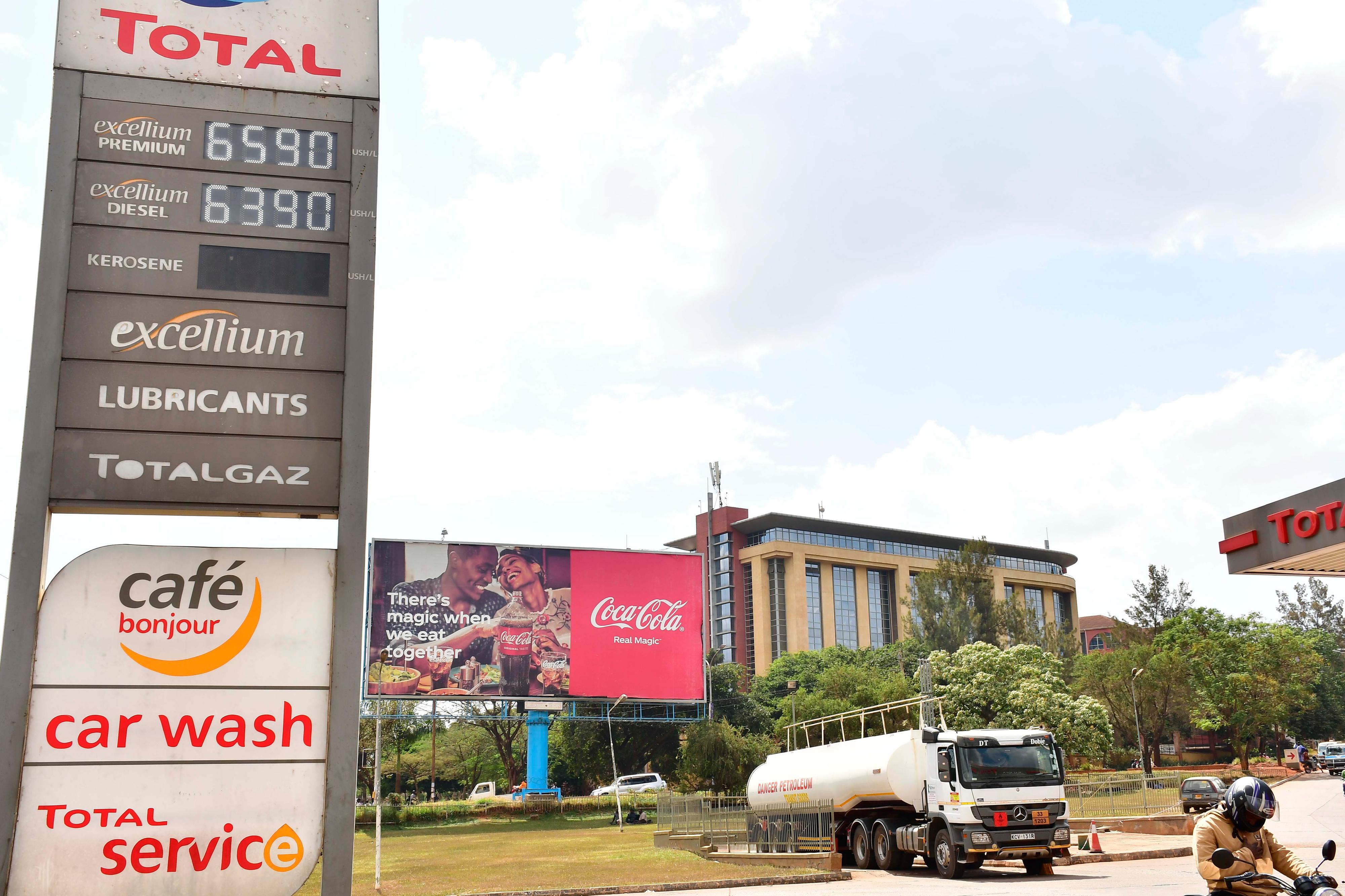Prime
Citibank projects drop in fuel prices

Fuel prices have risen by 53 percent since November, according to Uganda Bureau of Statistics. Photo | file
What you need to know:
Citibank says movements in the international oil prices will be felt in the domestic market pump prices with prices expected to drop from an average of Shs6,000 to about Shs4,000.
Citibank has said the fall in international oil prices is expected to trickle down to Uganda’s local pump princes before the end of this year.
Speaking in an interview in Kampala yesterday, Dr David Cowan, the Citibank chief economist for Africa, said movements in the international oil prices will be felt in the domestic market pump prices, noting that while the oil prices in Uganda were still high at an average of Shs6,000, they will begin to reduce slowly to an average of Shs4,000.
Pump prices in Uganda, he said, which have significantly risen beyond African standards, are expected to fall in the near future given that international prices are on their way downward.
“At Citibank, we are optimistic that international oil prices are going to fall to $85 per barrel this year,” he said, noting that expected alternative sources of oil mainly from Libya will also contribute to the decline of oil prices in African countries thus saving the countries from the problem of high fuel prices.
In Uganda, fuel prices have risen by 53 percent since November, according to Uganda Bureau of Statistics, rising up inflationary pressures, resulting from a surge from commodity prices.
Fuel remains a major driver of economic development, whose volatility has wider implications on the economy.
Similarly, oil and gas are major internationally traded commodities and play a great role in the global economics.
Dr Cowan said an expected recession in Europe and a slowdown in economic growth in US and China will result in low demand for oil and other products, which will eventually relieve demand pressures, which have been recorded since reopening of major economies, many of which, had been restricted due to Covid-19.
As of yesterday international prices averaged at $91.57 per barrel due to negative development in the international oil market.
Dr Cowan also explained that the market is balancing due to new oil product source, revealing that the anticipated or the alternative source of scaling up oil production in Libya will also contribute to slow down in the oil prices in many African countries.
He also indicated that inflation in many African countries is expected to fall faster than in the developed countries, noting that most of the higher inflation is associated with high food prices, which constitutes 30 to 35 percent of the consumer price index and transport.
Therefore, Dr Crown noted, if food production improves and oil prices fall then the inflation in African countries will also follow suit.
Dr Cowan also said that it was important that Bank of Uganda maintains a sound monetary policy, which will be key in stabilising commodity prices as well supporting growth and stabilizing the shilling.
Lately, the shilling has experienced sharp depreciation against the dollars amid increased demand as offshore investors shift to safe havens such as US.




